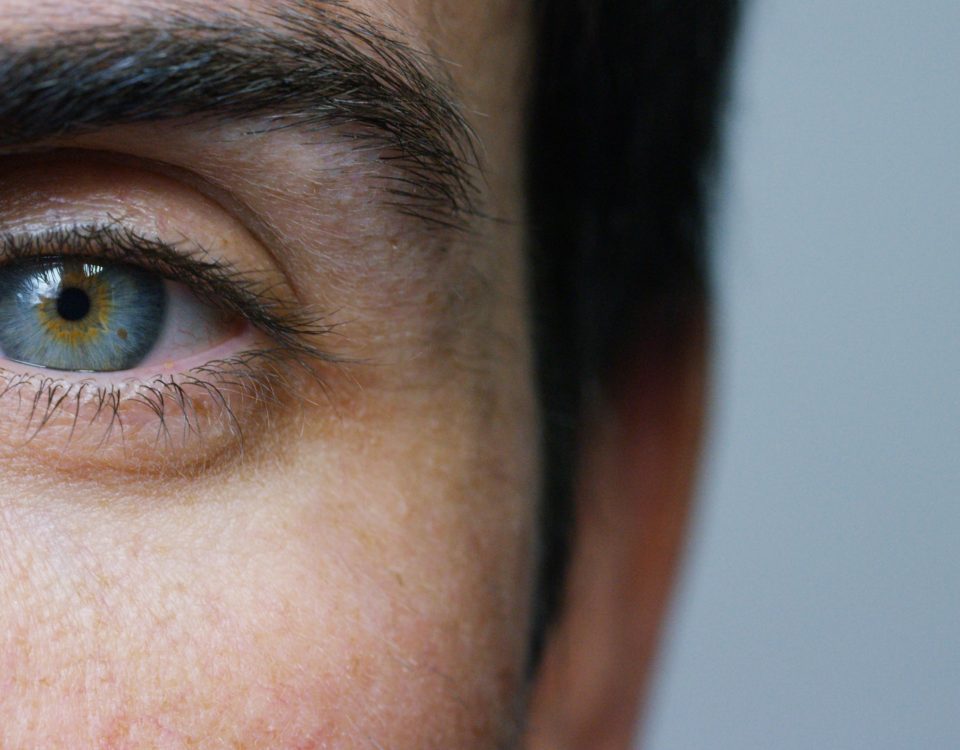Darker Commute Highlights Potential Vision Problems

Keeping Eyes Healthy as You Age
10/03/2017
Choosing Wrong Toy Could Be Hazardous
12/03/2017As Autumn creeps in, daylight fades. It’s something we really can’t do anything about. For many of us, Sunday’s clock change and the darker evenings makes for a challenging drive home. One of the most frequent complaints we see this time of year is about difficulty during nighttime driving. This issue can affect any age group, but tends to become more frequent as we age. Your vision may be perfectly fine during the day, but driving in the dark is more complicated.
Do you have diabetes?
If the answer is yes, that may be the reason for your night driving difficulty. For some diabetics, it takes longer for their eyes to adjust to changes in light. If you’re coming from a well-lit area to the darkness outside, sit in your car an extra minute or two to allow your eyes time to adjust. If you suspect this may be the cause for your vision problems, contact your doctor. Controlling your blood sugar levels can help stabilize this condition and prevent it from declining further.
Cataracts could be the issue.
For some of us, as we age, debris builds up on the lens of our eyes. Decreased night vision is often the first signs of the disease. Blurry vision or halos around lights can also be symptoms. During cataract surgery, the cloudy lens is replaced with a clear, artificial lens. Cataracts will not go away without treatment, so you should make an appointment with your doctor. Most people are able to resume their normal activities shortly after cataract surgery.
Maybe you simply need a new prescription.
If you’re experiencing a bothersome glare during driving, the fix could be as simple as a prescription adjustment. Make an appointment with your doctor ASAP and make sure not to simply brush off the issue. Bothersome glare can result in impaired driving—almost as if you were under the influence of alcohol. So, it’s best not to avoid seeing your doctor.
Or it could be eye fatigue.
If cataracts, diabetes or a prescription change have been ruled out by your doctor, you may be experiencing eye fatigue. You may notice that your vision is much clearer during your morning commute than on your drive home. Just as our muscles can become fatigued after a long day at work, our eyes are no different. Especially with today’s modern technology, many of us have no choice but to stare at a computer screen all day. Doing this can fatigue the eyes. Be mindful to give your eyes a rest during the day to ensure your ride home is an easier one.




